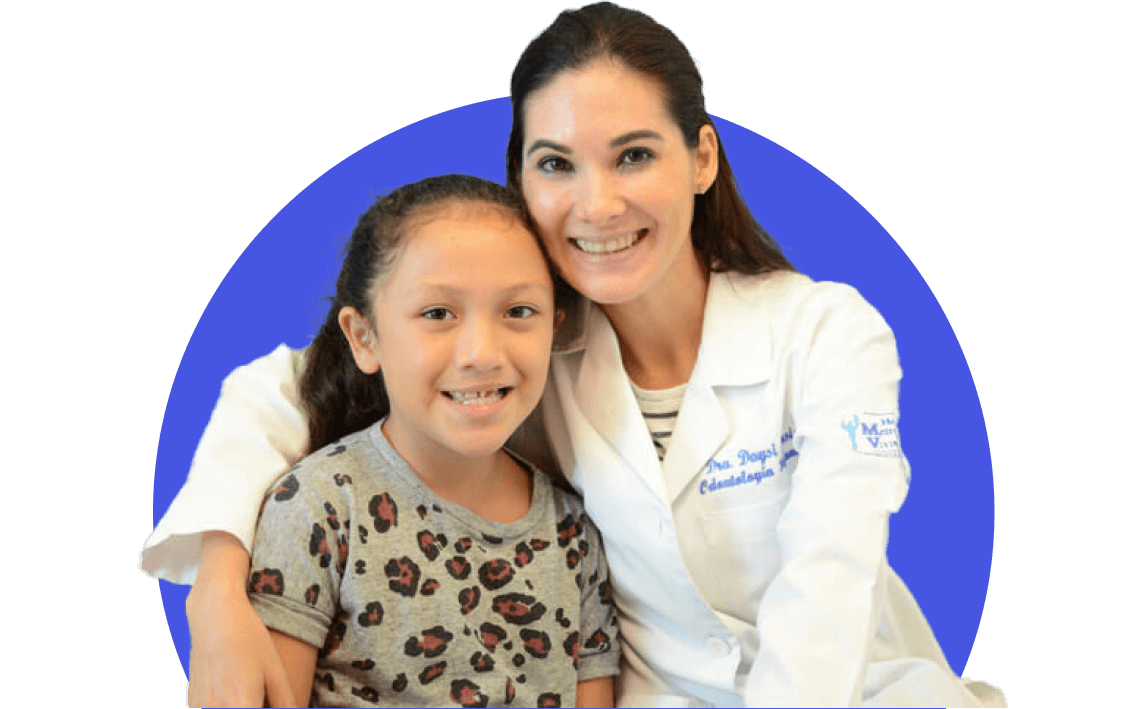- Cleft Home
- What is Cleft Lip and/or Palate?
- Prenatal Diagnosis
- Feeding Your Baby
- What is a Cleft Team?
- Surgery
- Hearing, Speech, and Dental Care
- Paying for Treatment
- Managing Feelings
- Craniofacial Conditions
- Toddlers and Preschoolers
- The School-Aged Years
- The Teenage Years
- Letter to a Teacher
- Information for Adults
- Support Organizations
- Learn More: Downloads
- Cleft Home
- What is Cleft Lip and/or Palate?
- Prenatal Diagnosis
- Feeding Your Baby
- What is a Cleft Team?
- Surgery
- Hearing, Speech, and Dental Care
- Paying for Treatment
- Managing Feelings
- Craniofacial Conditions
- Toddlers and Preschoolers
- The School-Aged Years
- The Teenage Years
- Letter to a Teacher
- Information for Adults
- Support Organizations
- Learn More: Downloads
How can I make the most of my social relationships during my teen years?
In order to build healthy relationships and handle social situations during your teen years, you need to have healthy self-esteem. It is important to believe in yourself. One way to build confidence is to get involved. It is often easiest to join activities that have a specific goal and take lots of members. That way you will be in a social group with a defined task. Volunteer opportunities in your school or community are a good way to meet people, plus you can feel good about your ability to help others. You could also consider activities such as music/musical theater, athletics, or a religious youth group.
Does my cleft define me?
One teen writes, “I think my teenage years were the first time I started to deal with all that I had gone through. Sometimes it’s hard to know what to do with all those thoughts. Thoughts like, ‘My cleft has been such a big part of my life, and now the work for it is decreasing. Who am I now that my cleft doesn’t really exist anymore?’ ‘Do I tell people or pretend I never had it?’ ‘I don’t want my cleft to define who I am as a person, yet it is a part of me.’ How do I move on from there?”
If you feel sad, angry, overwhelmed, or confused by your experiences with clefts, don’t hesitate to seek someone to talk to about these problems. The social worker or psychologist on your cleft team may suggest regular follow-ups, family counseling, and/or a peer support group.



